Mayor John Laesch | johnforaurora.com
Mayor John Laesch | johnforaurora.com
Aurora Mayor John Laesch is facing backlash over his decision to keep flags flying at full staff over the weekend, despite national and state proclamations to lower them in honor of conservative activist Charlie Kirk, who was assassinated during a public appearance in Utah last week.
President Donald Trump and Illinois Gov. J.B. Pritzker had both ordered flags lowered to half staff.
Laesch, however, did not direct city buildings to follow the proclamations.
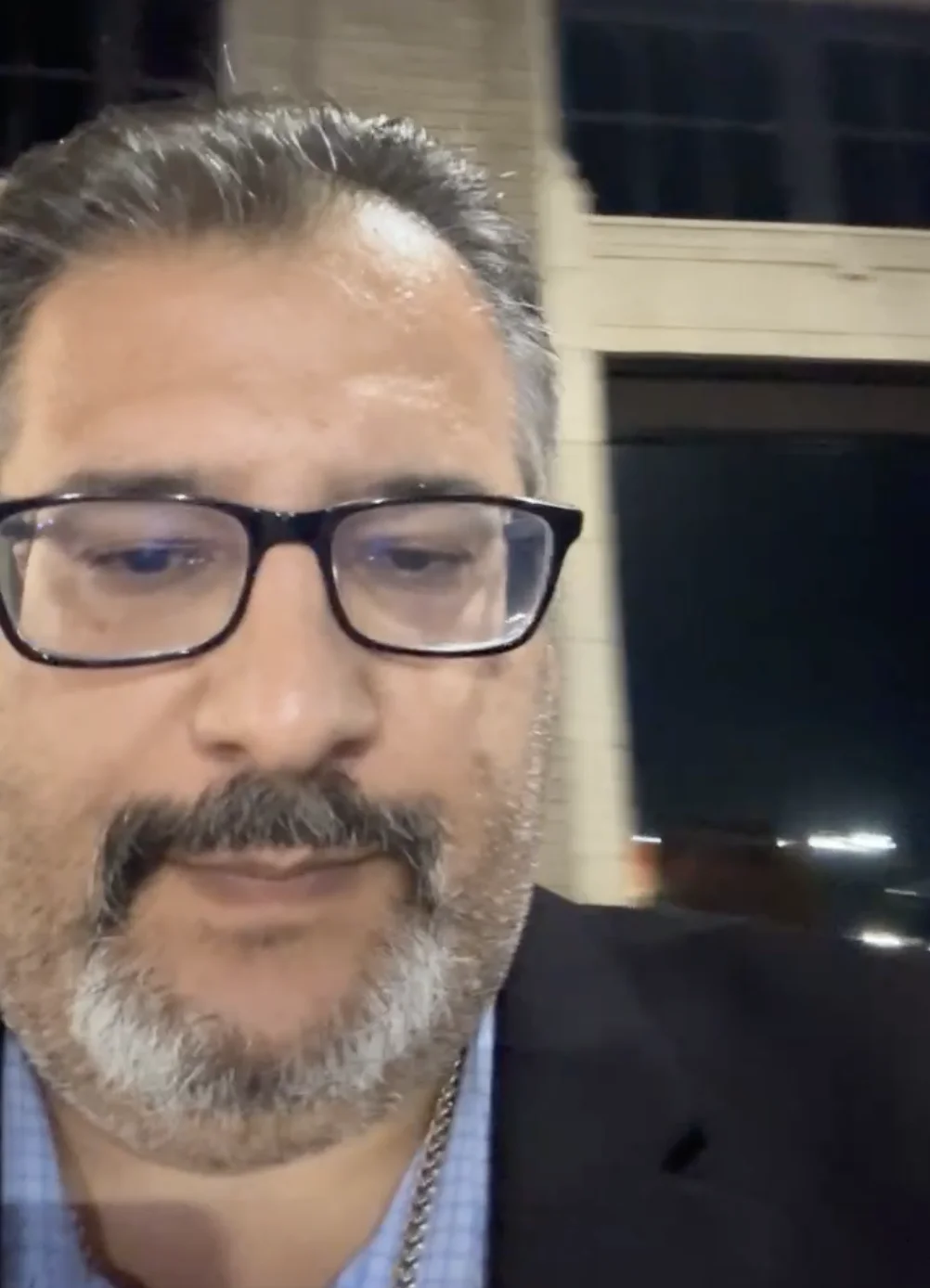
Danny Souri, chairman of the Aurora Township Republicans, stands in front of Aurora City Hall after personally lowering the American flag to half-staff in defiance of the mayor's directive.
| Facebook / Aurora Township Republicans
On Friday evening, Danny Souri, chairman of the Aurora Township Republican Central Committee, personally lowered the American flag outside Aurora City Hall to half staff.
That act, and others like it, were recorded in a series of Facebook videos posted to the Aurora Township Republicans page.
“Hello, everybody. Good evening. It's been a long day,” Souri said in one of the clips. “I'm proud to report that our flag is still up at the police station. But here I am at City Hall and the flag is still up. Well, it looks like someone forgot the lock.”
Souri continued after adjusting the flag to half staff himself.
“You do not mess with the American flag. You do not mess with the order of the president,” Souri said. “Hell, you don't even mess with the order of J.B. Pritzker. The flag is now at half mast, Aurora. Now, the flag is at half mast, where it belongs.”
He then directed his comments at Laesch.
“John, you're a coward, and you're communist,” Souri said.
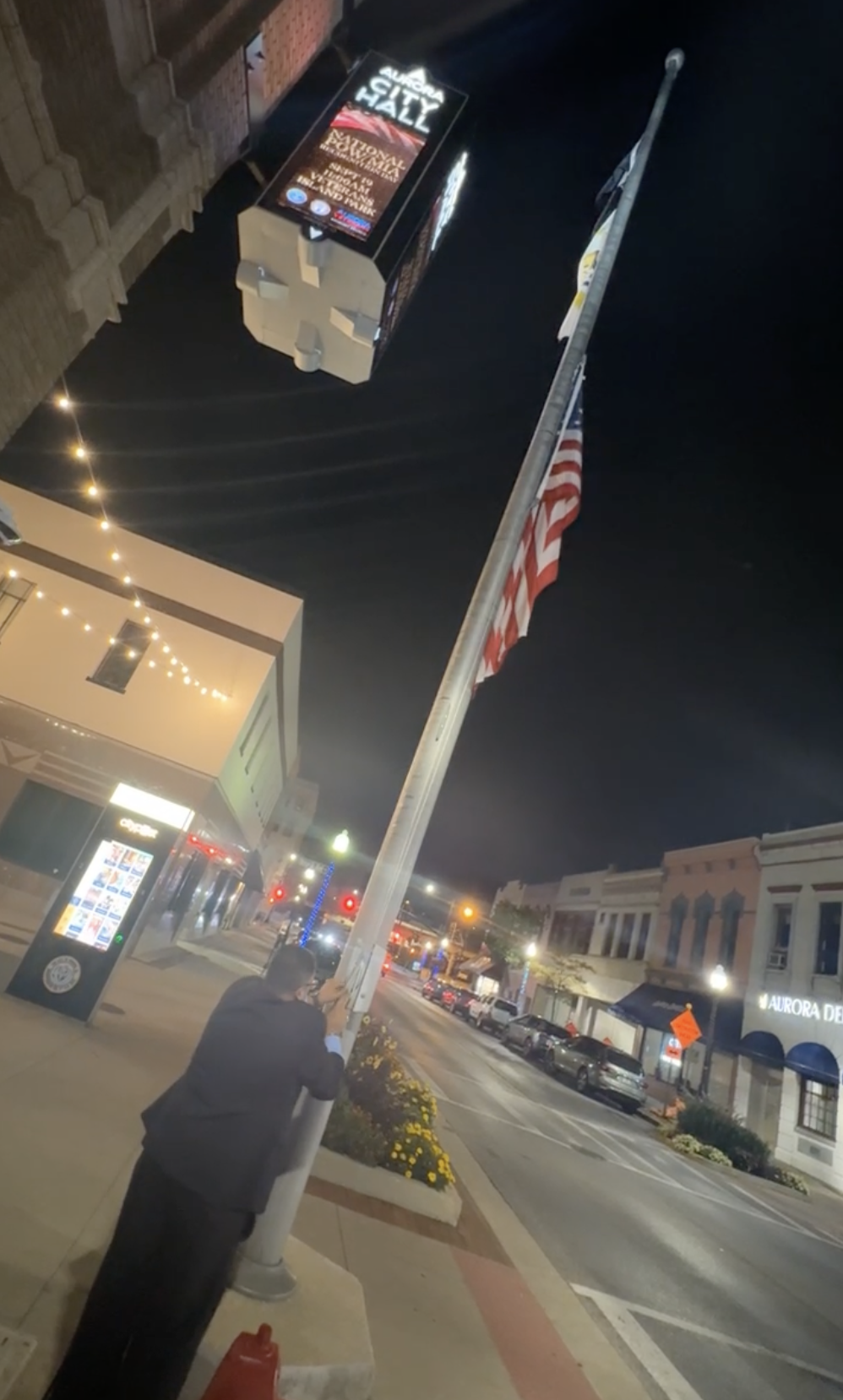 Danny Souri, chairman of the Aurora Township Republicans, was praised as a “patriot” after lowering flags across the city to half-staff, defying Mayor John Laesch’s refusal to follow federal and state orders. (Facebook / Aurora Township Republicans)
Danny Souri, chairman of the Aurora Township Republicans, was praised as a “patriot” after lowering flags across the city to half-staff, defying Mayor John Laesch’s refusal to follow federal and state orders. (Facebook / Aurora Township Republicans)
His action came after Aurora Fire Chief David McCabe issued an internal memo instructing fire department personnel not to defy the mayor’s directive.
“As directed by the mayor, all City of Aurora buildings, including the fire stations, are to have their flags at full staff,” McCabe wrote. “I know everyone has their own opinion on whether the flag should be at full or half staff, but that is irrelevant. Someone will be coming around to raise all the station flags to full staff.”
“Once the flags are at full staff, no AFD personnel are to manipulate the flag in any way, unless ordered by me through the mayor's office. Any flags found to be at half staff after they are raised this morning will be treated as a violation of a direct order.”
The social media account Libs of TikTok claimed at least one Aurora fire station “locked its flag at half-staff” in quiet defiance.
Laesch stood by his decision, stating that municipal buildings are not required to follow proclamations from the president or governor unless legally obligated to do so.
“I recognize that some employees and community members may not agree with this decision, but lowering the flag is a solemn act that carries great weight,” Laesch said in a statement published by the Chicago Tribune. “The choice to do so should not be made cavalierly. Doing so diminishes the importance of the remembrance of tragedies like Sept. 11, 2001.”
Republican activist and Will County treasurer candidate Raj Pillai also weighed in, questioning the message the mayor’s decision sends. Aurora spans both DuPage and Will counties.
“Defying that is just a political action. It's not honest and it's not humble,” Pillai told the DuPage Policy Journal.
He praised Souri’s decision to lower the flag himself, calling him “a patriot.”
“I think that people that are running for office or are in elected office need to speak up,” Pillai said.
He added that the Aurora case was particularly significant.
“The Aurora [situation] was a little bit more serious because the mayor completely defied the order and said, ‘I'm not going to do it.’ And he actually ordered (flags) raised back up to full mast,” he said.
Pillai, known for his social media commentary, spoke about the difference between disagreement and hate in political discourse.
“Before labeling someone's word that hateful, I mean, people have to ask themselves: can you point to anything specific that the human either said or did that called for harm, or do you simply disagree with what's said?” Pillai said.
“So hate has a clear meaning, right? If we start branding every difference of opinion as hate, we just lose the ability to have an honest conversation, and we shut down the very dialog that could bring understanding.”
Pillai’s remarks come amid a broader series of disciplinary actions nationwide involving individuals who mocked or celebrated Kirk’s death online. Responses have included firings, suspensions and investigations at outlets and institutions including MSNBC, Delta and American Airlines, the Secret Service, and several universities and state agencies.
“The irony is that blaming Charlie's opinions for his death actually creates the very hate that people claim to stand against, and it divides communities and just fuels anger, and also gives permission for cruelty,” Pillai said.
“And that's the key part I want to focus on. It just gives permission to cruelty instead of compassion. And these actions by leaders, that's what it's really doing. It's really by saying that they condemned the death, but then also calling him hateful—and he's clearly not hateful—gives permission for cruelty. And that permission, once it's granted, people carry it out, as we've seen.”
Pillai closed by reflecting on Kirk’s legacy and the activist community.
“We're all mourning over Charlie's death, and a lot of us didn't know him, but we knew of him,” he said. “And there's a reason for that. With Trump it's a little bit different because he's a bit further apart. He's not exactly like us. But Charlie was like us, a lot of us that are activists.”
He concluded:
“If something were to happen to me today, how would I want to be remembered, and how would you want to remember? I mean, in the end what I would say is that I would want to be remembered for my voice—speaking up. I mean, because that's what matters the most, and that's what Charlie showed us matters the most. And I think that's really why it hurts a lot, because he had that voice, and he brought the opposing side together, and he tried to unify us with his voice.”
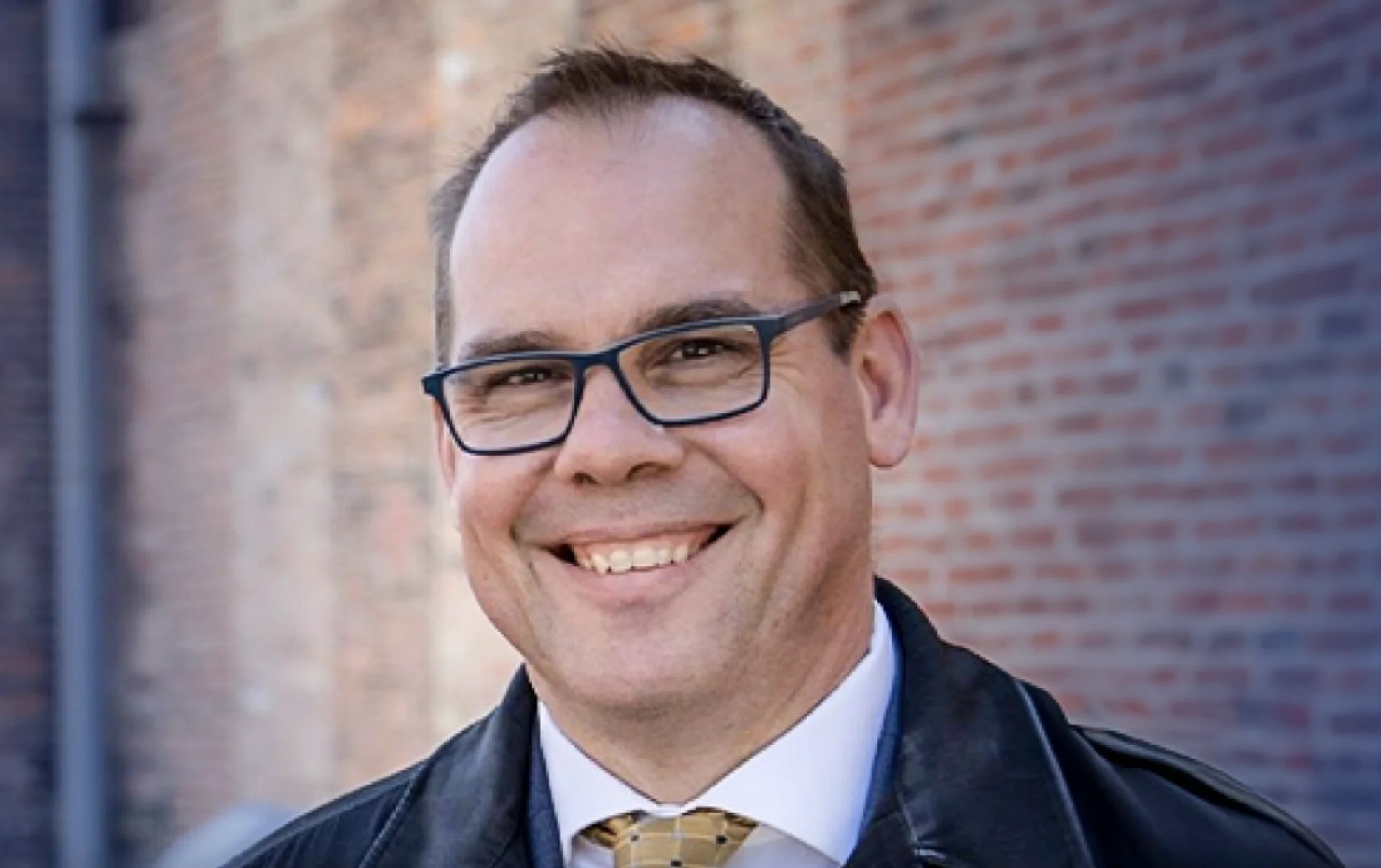
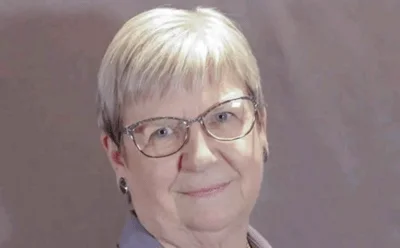
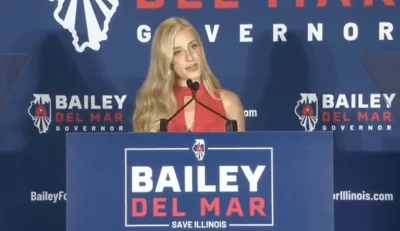
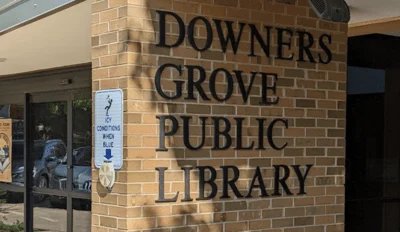
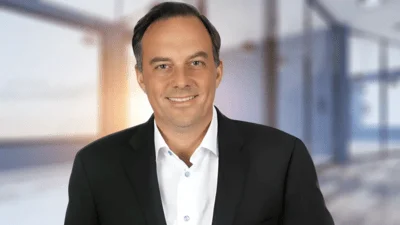

 Alerts Sign-up
Alerts Sign-up